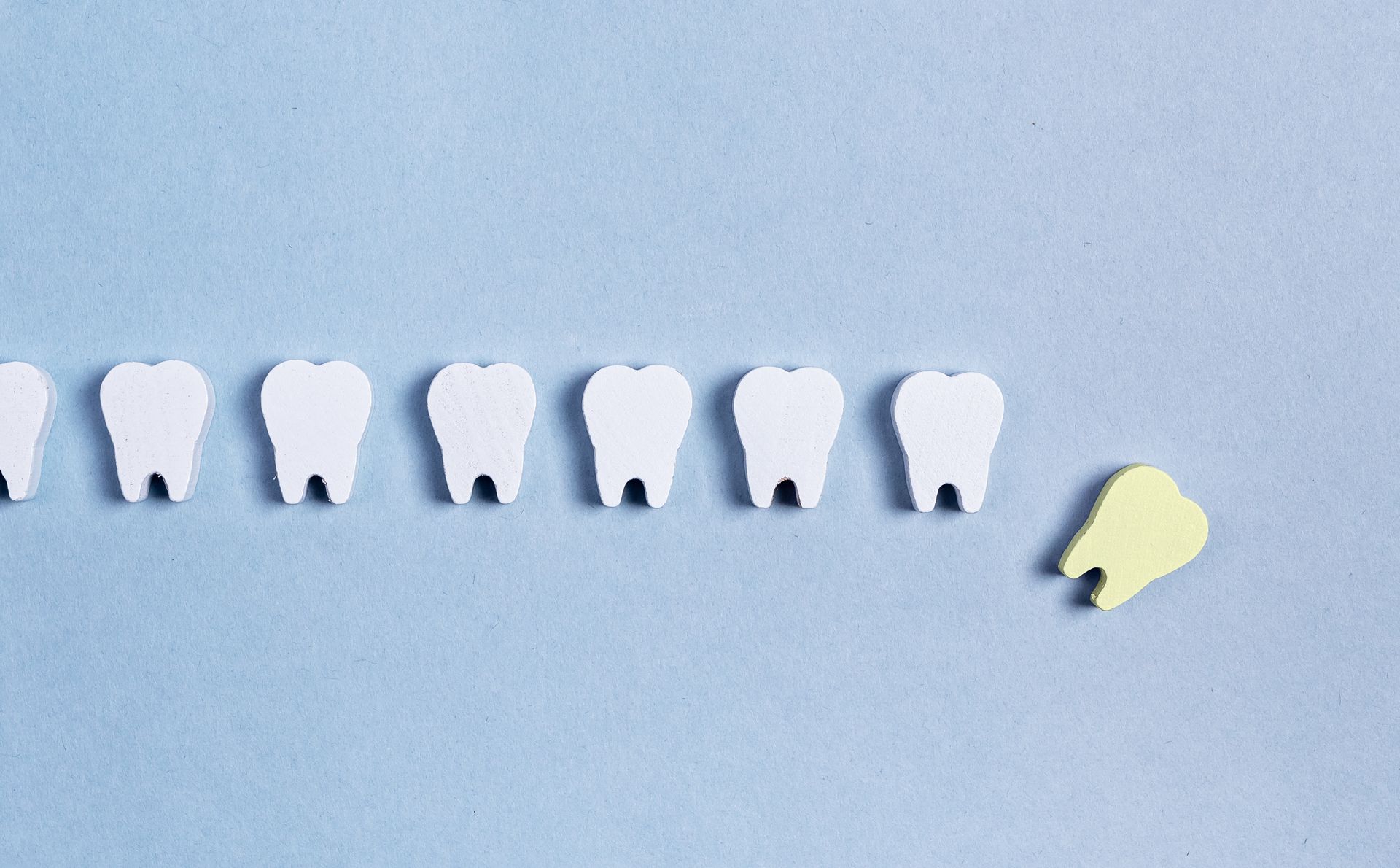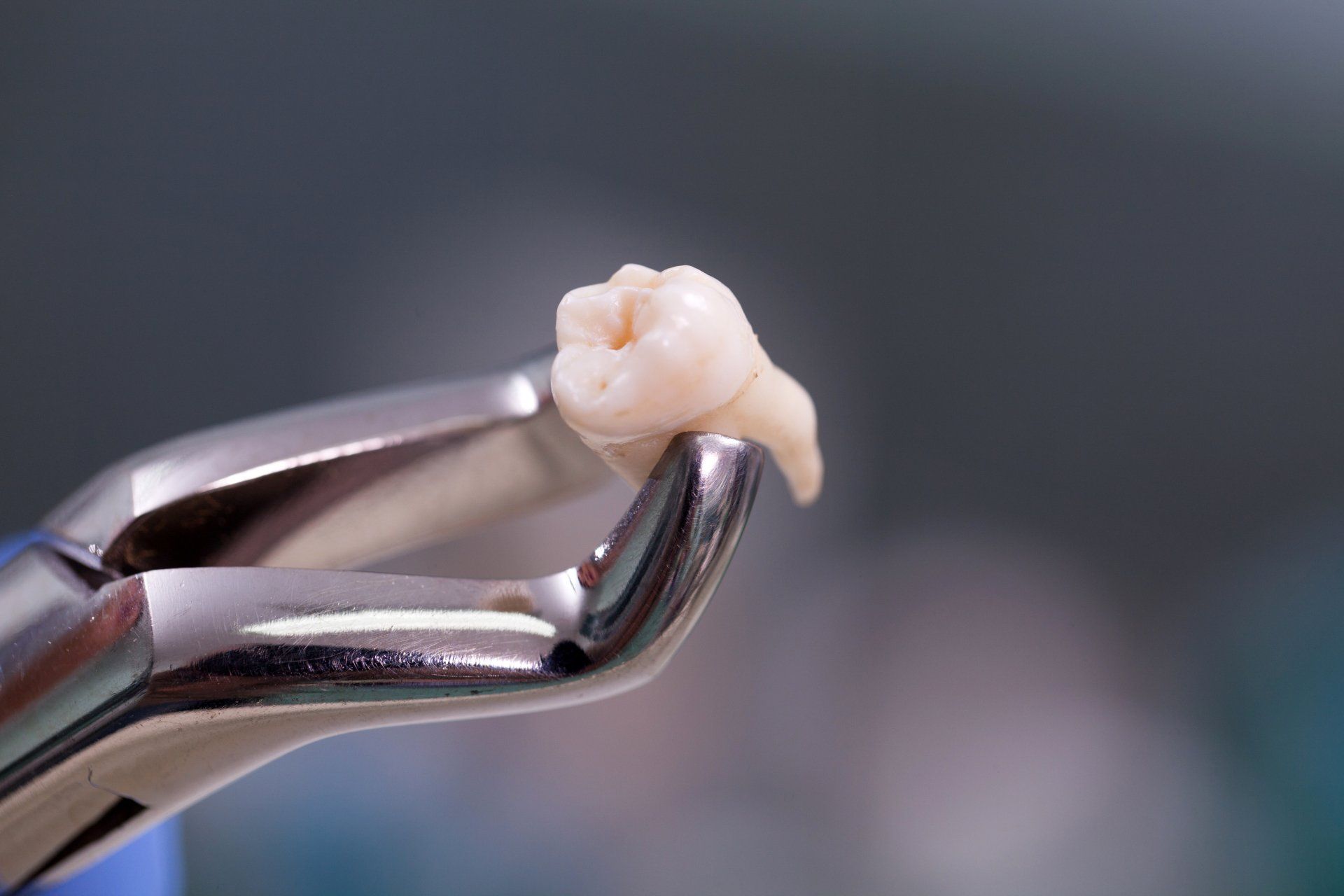Blog

Deciding whether braces are worth the cost depends on your goals, budget, and how much the potential benefits matter to you. Here's a clear look at the pros and cons, so you can make a well-informed decision: Pros of Getting Braces 1. Improved Appearance Straight teeth boost confidence in social, professional, and personal situations. Corrects gaps, crowding, and crooked teeth. 2. Better Oral Health Straight teeth are easier to clean , reducing the risk of: Cavities Gum disease Bad breath 3. Corrected Bite and Jaw Alignment Braces fix: Overbite, underbite, crossbite Jaw strain, uneven wear on teeth TMJ (jaw joint) problems in some cases 4. Improved Speech and Chewing Misaligned teeth can affect how you pronounce words or chew food efficiently. 5. Long-Term Savings Braces can help you avoid future costly procedures like: Crowns, implants, or jaw surgery Gum treatments due to bone loss from misaligned teeth 6. Options for All Ages Modern braces (ceramic, Invisalign) are more discreet and suitable for adults, not just teens. Cons of Getting Braces 1. Cost Braces can range from $3,000–$7,000 or even more , depending on patient age, type of braces and complexity of case. Insurance may only cover part, or none, of the treatment. 2. Time Commitment Treatment usually takes 12 to 24 months , sometimes longer. Requires regular appointments every 4–8 weeks. 3. Discomfort You may experience: Soreness after adjustments Cuts or irritation from brackets and wires Speech changes (especially with some appliances) 4. Oral Hygiene Challenges Braces can make brushing and flossing more difficult. Improper cleaning can lead to white spots, plaque, or gum issues . 5. Diet Restrictions You'll need to avoid sticky, hard, or chewy foods that can break brackets. 6. Relapse Risk Without wearing retainers after treatment, teeth can shift back over time. So, Are Braces Worth It? Braces are usually worth it if: You’re concerned about appearance, bite, or long-term dental health. You want to invest in a permanent solution for alignment issues. You're ready to commit to the treatment process and aftercare. Braces might not be worth it if: The alignment issue is minor and not affecting your health or confidence. The cost is prohibitive, and more affordable cosmetic alternatives (e.g. limited Invisalign) could suffice. You aren’t able or willing to maintain the oral care needed during treatment.

As a result of the Covid-19 pandemic, many countries around the world have imposed deferment of all non-emergency or routine dental care. Wondering how this is affecting you and your family? Dental clinics are a unique place. All the check-ups, orthodontic adjustments, cleaning and fillings require a patient to open their mouth for a prolong period of time. This has become an ideal channel for the spread of the COVID-19 virus; especially with dental procedures involving aerosol generation, spreading micro-droplets from the mouth into the air. Hence health authorities in many countries have restricted the practice of dentistry, to only attend to essential services like dental emergencies. So now, you’re in a situation where you or your child has not been able to see a dentist for a long time to do a regular dental check-up, teeth cleaning, or to fix a long-standing cavity in the mouth... and the problem tooth is starting to hurt. Is this regarded as a dental emergency? What is a Dental Emergency? A dental emergency is any pain, infection, broken teeth, fillings, braces, wire poking or retainers causing pain interfering with daily lives are considered as dental emergency. As for children, they may not be able to accurately verbalize their dental pain, and may be difficult for parents to identify the extent of their discomfort. Here are a few tell-tale signs you can look out for in your child before contacting your kid’s dentist : Avoiding hot or cold foods Loss of appetite Keeps touching his/her face or mouth Crying more than usual, at trivial matters Disturbed sleep, inability to wake up in the morning Constantly putting finger/foreign objects in the mouth Not focused on studies or daily activities Bad breath that won’t go away despite brushing Bleeding gums or blood while brushing Ulcers forming in the mouth If you are suspicious, you may first contact your dentist or your kid’s dentist over the phone, do a virtual consultation or tele-consultation, and share some photos if possible. The kids dentist or pediatric orthodontist will be able to advice on your next step of action.













